Medical Services
Home » All Services » Medical Services
If your pet needs medical assistance, you can feel confident turning to us. Our knowledgeable staff and modern facilities are equipped to handle a wide variety of medical conditions, including emergencies. Because we can perform many diagnostic procedures in-house, we can often give you immediate answers and start treating your pet faster. In some cases, your pet may require hospitalization and further diagnostic tests. Please take a look at the more detailed descriptions of medical services we offer, or call us to discuss your pet’s needs.

Imagine what your mouth would feel like if you never brushed your teeth or went to the dentist. For many dogs and cats, this is a painful reality. According to the American Veterinary Dental Society, more than 80% of dogs and 70% of cats have dental disease by the age of 3. Dental (or periodontal) disease is the most frequently…
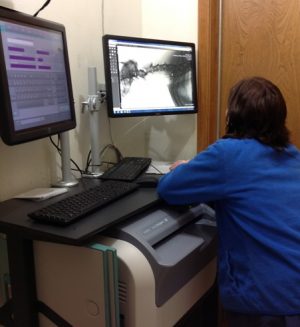
When we need to figure out what’s wrong with your pet, we routinely use x-rays to help identify the cause of the problem, rule out possible problems, or provide a list of possible causes. We may also use x-rays during a wellness exam to diagnose potential problems before they become serious. X-rays provide valuable information about a pet’s bones, gastrointestinal…
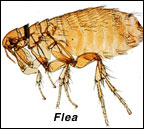
A flea problem on your pet means a flea problem in your home. Understanding the flea life cycle and methods for its control can be a daunting task. We will gladly assist you in this process. We can provide you with safe, effective flea prevention and if necessary, flea treatment. See the flea article in the Pet Health Library of…

Skin problems are common in dogs and cats and can be caused by hormonal disorders, allergies, infections, or parasites such as fleas and mites. These issues can be particularly difficult to treat and should be addressed promptly. We can often diagnose a skin problem by simply examining your pet. Some dermatologic diseases or conditions do require additional diagnostic procedures to…
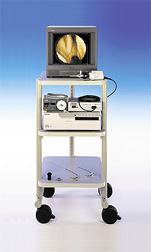
This minimally invasive procedure allows a veterinarian to see inside a pet’s body and, when necessary, take biopsies (tissue samples) without having to perform surgery. Endoscopy is commonly used to examine the inside of the ears, nose, esophagus, colon, bladder, stomach, and other internal organs. Endoscopy can also be used to assist with minimally invasive surgeries and is particularly valuable…

Although heart problems are found more often in older pets, these conditions can affect pets at any age. Heart disease is usually a life-threatening condition, but early diagnosis and appropriate therapy can extend your pet’s life. If caught soon enough, some forms of heart disease can be cured. Heart disease can lead to congestive heart failure (CHF), which occurs when…
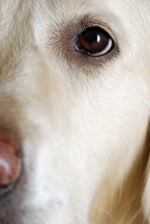
It is crucial for your pet’s vision that we detect and treat glaucoma and other problems with intraocular pressure (pressure within the eye) as quickly as possible. We can test your dog or cat’s eyes for excess pressure easily and safely. The test, performed with a device called a tonometer, is not painful and does not require sedation. If not…
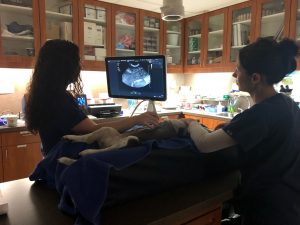
Ultrasonography (also called ultrasound or sonography) is a noninvasive, pain-free procedure that uses sound waves to examine a pet’s internal organs and other structures inside the body. It can be used to evaluate the animal’s heart, kidneys, liver, gallbladder, and bladder; to detect fluid, cysts, tumors, or abscesses; and to confirm pregnancy or monitor an ongoing pregnancy. We may use…
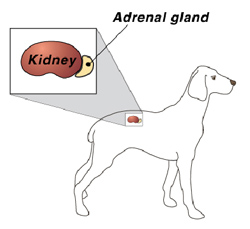
Identifying endocrine problems as early as possible is important in dogs and cats. These serious, potentially life-threatening conditions are much more manageable when caught early, allowing us to begin proper treatment. The endocrine system is made up of a group of tissues (mostly glands) that release hormones into the bloodstream. These hormones regulate metabolism, growth, development, and reproduction and are…
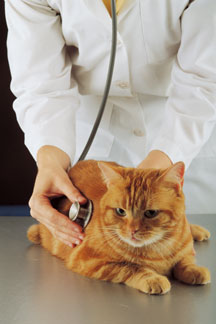
To ensure a proper diagnosis, we often need to examine your pet. We begin a medical assessment by looking at your pet’s eyes, ears, and skin and checking his or her cardiovascular, neurological, gastrointestinal, and skeletal systems for any abnormalities. We will perform blood and/or urine tests as necessary to check your pet’s kidneys, liver, pancreas, and endocrine system, including…










